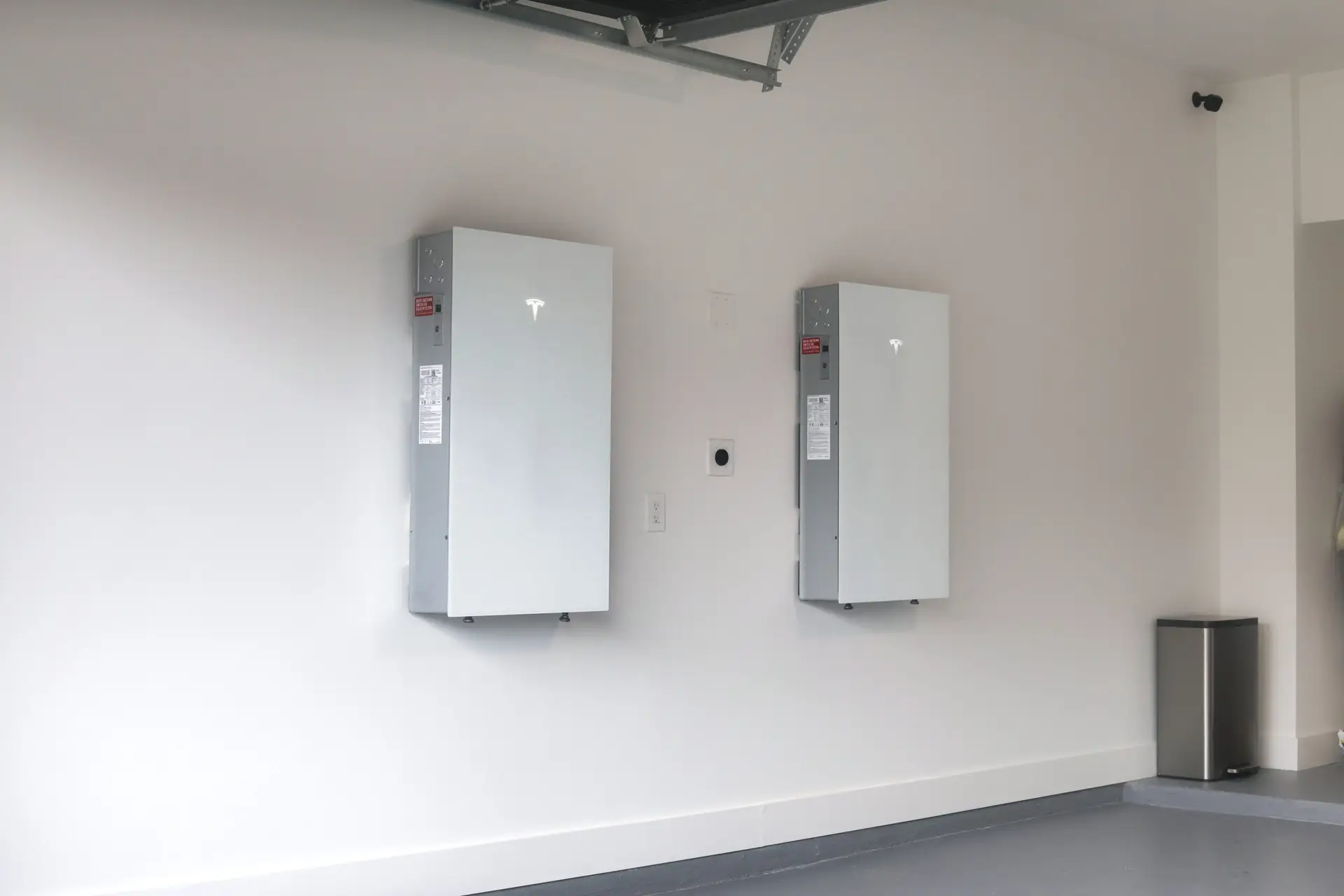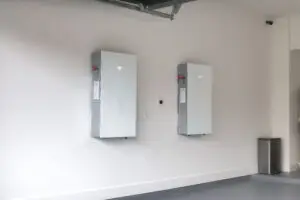Comprehensive Guide to Net Energy Metering
As solar energy continues to gain popularity, many homeowners and businesses are looking for ways to incorporate this technology to reduce their energy costs. A key tool in this process is net metering. For those investing in solar power in the United States, understanding net metering is essential to maximize the benefits of solar incentives and rebates. In this blog, we’ll explore what net metering is, how it works, its advantages, and the different types available, helping you make the most of your solar investment.
What Is Net Metering In Solar Industry?
Net metering is a billing arrangement that benefits customers who generate their own electricity from renewable sources like solar panels. It allows them to earn credits for the surplus energy they produce and feed back into the grid. Essentially, net metering enables users to offset their electricity consumption with the power they contribute to the grid, making renewable energy more financially viable. This system not only supports the adoption of renewable energy by offering a direct economic benefit but also helps users reduce their overall energy costs.
How Does Net Metering Work?
Net metering begins with the installation of a renewable energy system, such as solar panels or wind turbines, at your property. As this system generates electricity, it powers your home or business, and any excess energy is sent back to the grid. A bi-directional meter measures the flow of electricity both into and out of your property, tracking how much energy you use from the grid and how much you contribute. At the end of each billing cycle, your utility company compares your total energy consumption with the amount you’ve fed back into the grid. If you’ve generated more electricity than you’ve used, you receive credits for the surplus on your bill; if you’ve used more than you’ve produced, you pay for the difference.
Benefits Of Net Metering For Homeowners
Net metering provides a range of advantages that benefit both individual users and the broader community. Here are the key benefits consolidated into a few key points:
-
Cost Savings and Financial Viability:
Net metering significantly reduces electricity bills by allowing you to offset your utility costs with credits for excess energy generated. Over time, these savings help recoup the initial investment in renewable energy systems, making them more economically attractive.
-
Increased Property Value:
Homes and businesses with renewable energy systems often see an increase in property value. Prospective buyers appreciate the energy savings and sustainability features, making these properties more desirable in the market.
-
Encourages Renewable Energy Adoption:
By providing financial incentives, net metering makes renewable energy systems more appealing and accessible. This encourages wider adoption of clean energy technologies, contributing to a shift towards more sustainable energy solutions.
-
Energy Independence and Environmental Benefits:
Generating your own electricity reduces reliance on the grid, enhancing energy independence and resilience, especially during outages or in areas with unreliable utility services. Additionally, using renewable energy reduces your carbon footprint and greenhouse gas emissions, supporting a cleaner environment.
-
Supports Grid Stability:
Distributed energy generation through net metering can improve the reliability and resilience of the power grid. By adding more power sources and reducing the strain on central power plants, it helps maintain grid stability and efficiency.
What Are The Types Of Net Metering?
Net metering can differ significantly depending on local regulations and policies. There are several main types of net metering systems, each with its own method of crediting users for the excess electricity they generate:
- Traditional Net Metering: This is the most common type, where excess electricity produced by the user is credited at the same retail rate as the electricity they consume. It involves a straightforward calculation of the electricity generated and used, making it simple to understand and manage.
- Gross Net Metering: In this model, all the electricity generated by the renewable energy system is fed into the grid, and the customer is credited at a fixed rate for the total amount produced. The customer then buys all their electricity from the grid at retail rates, which can be beneficial if the fixed credit rate is favorable.
- Virtual Net Metering: This type is used when the renewable energy system is located off-site, such as in a community solar farm. The credits earned from the energy produced are distributed to the electricity bills of multiple customers or properties, making it a flexible option for those who cannot install systems on their own properties.
- Community Net Metering: Similar to virtual net metering, this approach allows multiple users to benefit from a single renewable energy system. It is especially advantageous for individuals who lack the space or resources to install their own systems, enabling them to share in the benefits of community-based renewable energy projects.
Is Net Metering Worth It in Texas?
Now that you have a clear understanding of how net metering works, it’s crucial to determine if it’s available and beneficial in your specific area, as net metering policies can vary widely. In Texas, net metering allows you to earn credits for the surplus energy your solar panels produce and feed back into the grid. These credits can then be used to offset future energy bills, particularly during periods of low solar production, such as at night or on cloudy days, thus reducing your need to purchase additional electricity from the utility.
While Texas does not have a statewide net metering policy, some utility companies, including El Paso Electric and CPS Energy, offer net metering programs that credit solar system owners for excess energy. To find out if net metering is available to you and to understand the specific details of the programs offered, it’s best to contact your utility provider directly. Alternatively, consulting with experts like our team at Solstice Solar can provide valuable insights and help you navigate these options effectively.
In conclusion, net metering is a crucial tool for adopting renewable energy, offering both economic and environmental benefits. By understanding its functions and advantages, you can make informed decisions about integrating solar power into your life. If you’re in Houston and want to see how net metering can specifically help reduce your electric bill, contact our experts at Solstice Solar. We provide a free consultation to help you explore the benefits and make the most of your solar investment.







